What Political Fallout From The Lebanon Blast?
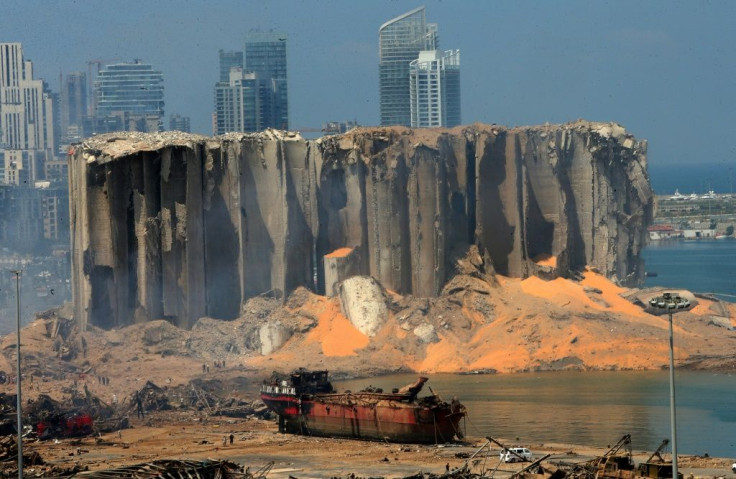
The colossal explosion that devastated Beirut's port and gutted entire neighbourhoods of the Lebanese capital deals a fresh blow to an already fragile and deeply unpopular government.
Lebanon's ruling elite was already under enormous pressure from a protest movement that rejects it as inept, corrupt and beholden to the country's myriad sectarian groups rather than the national interest.
With public anger now boiling over the epic destruction caused by a disaster blamed on official negligence, in a country choking from its worst ever economic crisis, what will be the political impact?
Prime Minister Hassan Diab's government, billed as technocratic line-up when it was launched in January, is seen as subservient to the party of President Michel Aoun and his Hezbollah allies.
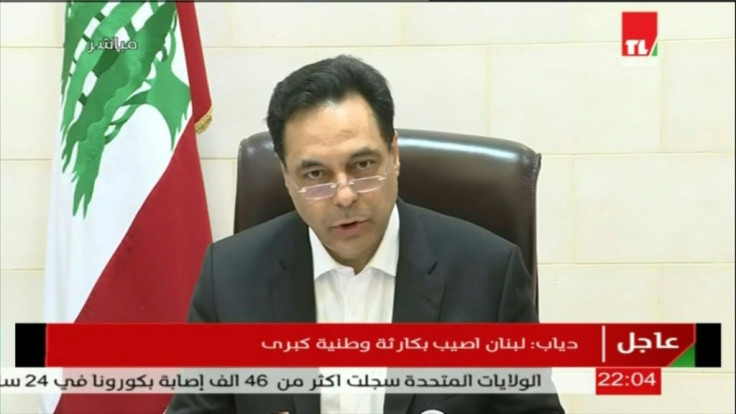
In weeks of talks, the cabinet has failed to reached a deal with the International Monetary Fund on a rescue package for Lebanon, which defaulted on its debt earlier this year.
Battling runaway inflation, mass unemployment and rising poverty, the government is already fraying at the edges.
This week Nassif Hitti resigned as foreign minister to protest a lack of willingness to tackle much-needed reforms, warning that Lebanon risked becoming a "failed state".
Maha Yahya, director of the Carnegie Middle East Center, argued that "in any other country, the government would resign" after such deadly blasts.
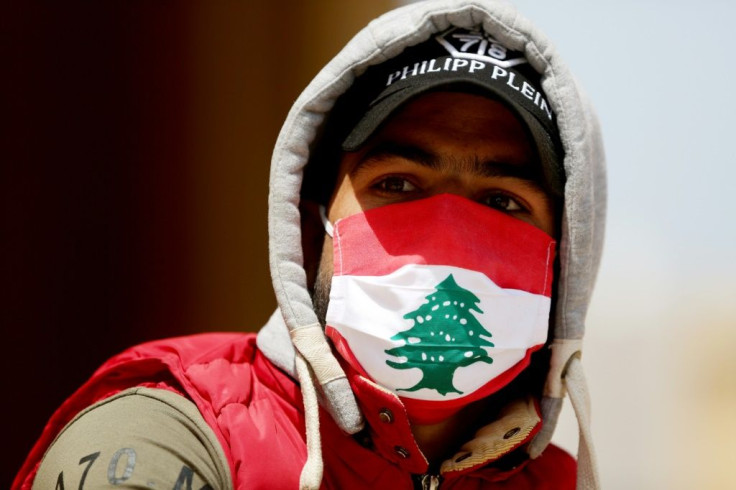
"Irrespective of how this explosion came to happen there is absolute criminal neglect."
Security officials told AFP that huge quantities of highly explosive ammonium nitrate had been stored for years in a rundown warehouse and that the hazard was known to the authorities.
"The catastrophe, while exceptionally severe, is the result of business as usual in Lebanon," Faysal Itani, a deputy director at the Center for Global Policy, wrote in The New York Times.
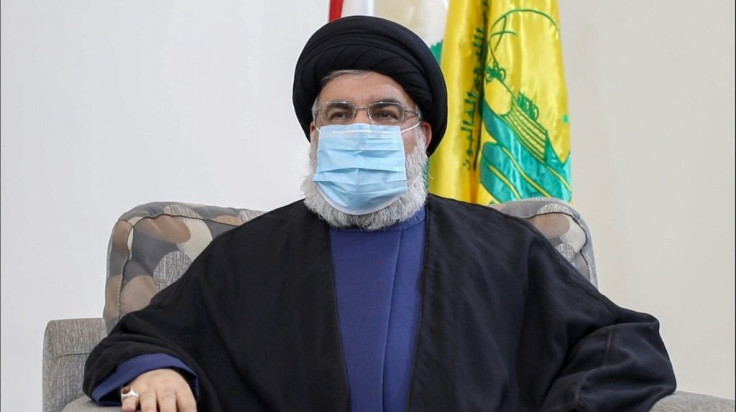
"There is a pervasive culture of negligence, petty corruption and blame-shifting endemic to the Lebanese bureaucracy, all overseen by a political class defined by its incompetence and contempt for the public good."
Nonetheless, in the context of extreme geopolitical polarisation in the region, especially between arch foes the United States and Iran, the government's sponsors might seek to preserve it at all costs.
"Despite popular anger... a resignation still seems unlikely just now because there is no clear alternative," said Karim Bitar, a professor of international relations in Paris and Beirut.
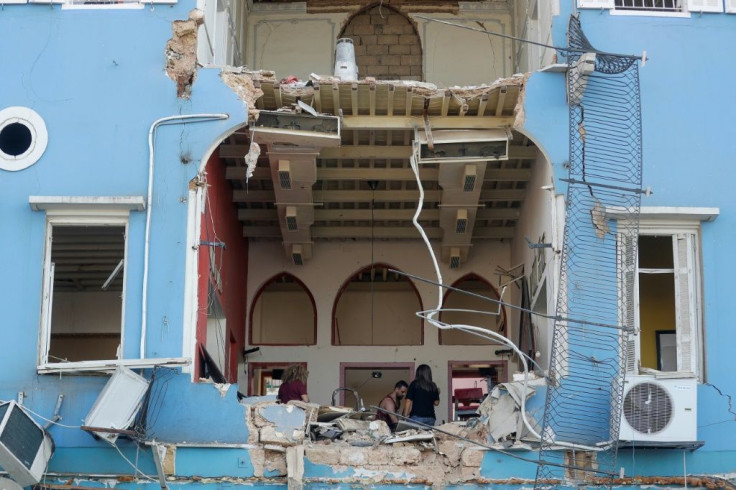
An unprecedented nationwide and cross-sectarian protest movement that erupted on October 17 had looked at one stage like it could topple the hereditary ruling elite.
The euphoria faded however as change failed to materialise and the combination of economic hardship and the coronavirus pandemic left the popular revolution in tatters.
Bitar predicted that Tuesday's tragedy would give the protest camp "a second wind".
"The Lebanese will be more determined than ever to make a political class which is corrupt to the bone accountable," he said.
But Yahya argued that many among the protest camp could also see the port blast as the last straw that convinces them to leave the country for good, joining Lebanon's massive diaspora.
The government announced a two-week state of emergency with immediate effect on Wednesday, which could also foil any plans for mass protests in the short term.
The Tehran-backed movement, the dominant political player in Lebanon, appealed for unity and its leader Hassan Nasrallah has postponed a televised address initially slated for Wednesday evening.
"They will also be held accountable because they are part and parcel of the governing system," said Yahya.
Hezbollah's influence on the running of the port is known to the public and will reflect badly on the organisation, she said.
Strangled by US sanctions, the Shiite movement is also bracing for the upcoming verdict in the trial over the 2005 assassination of former prime minister Rafic Hariri.
The main suspects are alleged Hezbollah members and a guilty verdict could further pile pressure at home and abroad on the Iranian proxy, which the US and many other Western countries consider a "terrorist" group.
The special tribunal in The Hague handling the case announced on Wednesday it was postponing the verdict, initially due on Friday, to August 18 as a consequence of the deadly port blast.
Whichever way the verdict goes, heightened tensions between Hezbollah and Hariri supporters are a risk.
© Copyright AFP {{Year}}. All rights reserved.





















